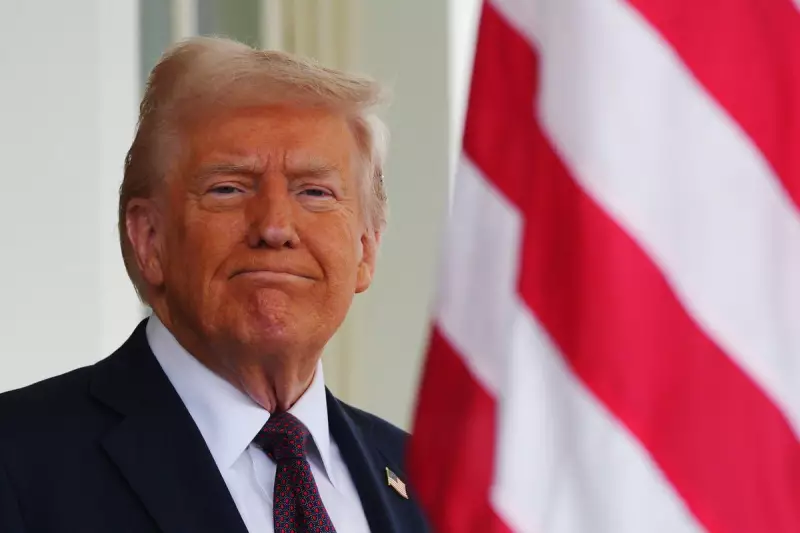
In a decisive move that escalates the technological Cold War, the US House of Representatives has passed a groundbreaking bill that could result in a complete ban of the viral video app TikTok across the United States.
The legislation, known as the Protecting Americans from Foreign Adversary Controlled Applications Act, received sweeping bipartisan support, passing with a vote of 352 to 65. It directly targets TikTok's Chinese ownership, mandating that its parent company, ByteDance, must divest its stake within approximately six months or face removal from US app stores.
The Core of the Controversy
Lawmakers from both sides of the aisle have expressed profound concerns that the Chinese government could weaponise the app's immense reach. With over 170 million American users, fears persist that Beijing could force ByteDance to hand over vast troves of user data or manipulate the content seen on users' feeds.
"This is a critical national security issue," asserted Representative Cathy McMorris Rodgers. "It is not about silencing voices; it is about protecting Americans from the malign influence and surveillance of adversarial nations."
TikTok's Fierce Rebuttal
The company has launched an aggressive counter-offensive, activating its vast user base within the app. Notifications urged users to call their representatives and protest the bill, which TikTok decries as an "outright ban" and an assault on free speech and the economic livelihoods of creators.
A TikTok spokesperson stated, "This process was secret and the bill was jammed through for one reason: it's a ban. We are hopeful that the Senate will consider the facts and listen to their constituents."
The Political Divide and What Comes Next
The bill now faces an uncertain future in the Senate, where some key figures have urged a more deliberate approach. Furthermore, a potential legal challenge is almost certain, arguing on First Amendment grounds.
Adding to the drama, former President Donald Trump, who once sought to ban the app via executive order, has recently reversed his position, voicing concerns that a ban would only empower its rival, Facebook. This places him at odds with current President Joe Biden, who has stated he would sign the bill should it reach his desk.
The coming weeks will determine the fate of one of the world's most popular apps in its largest market, setting a monumental precedent for the global intersection of technology, national security, and free speech.





